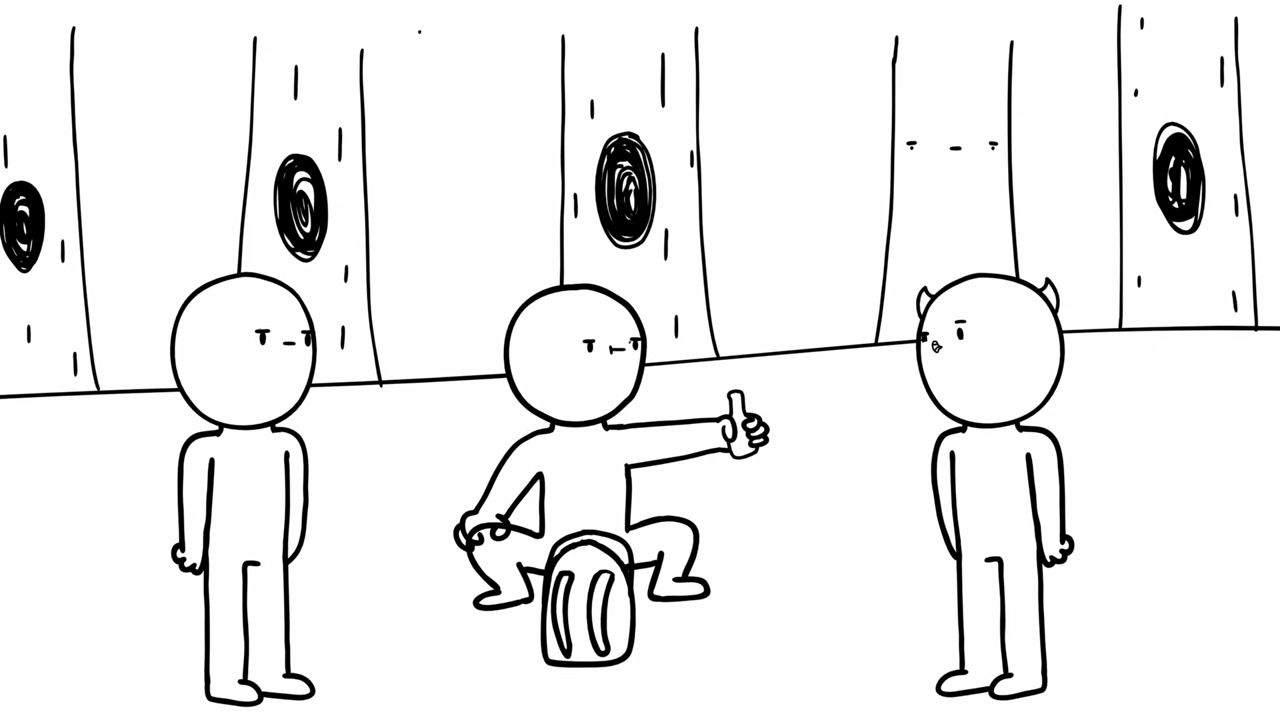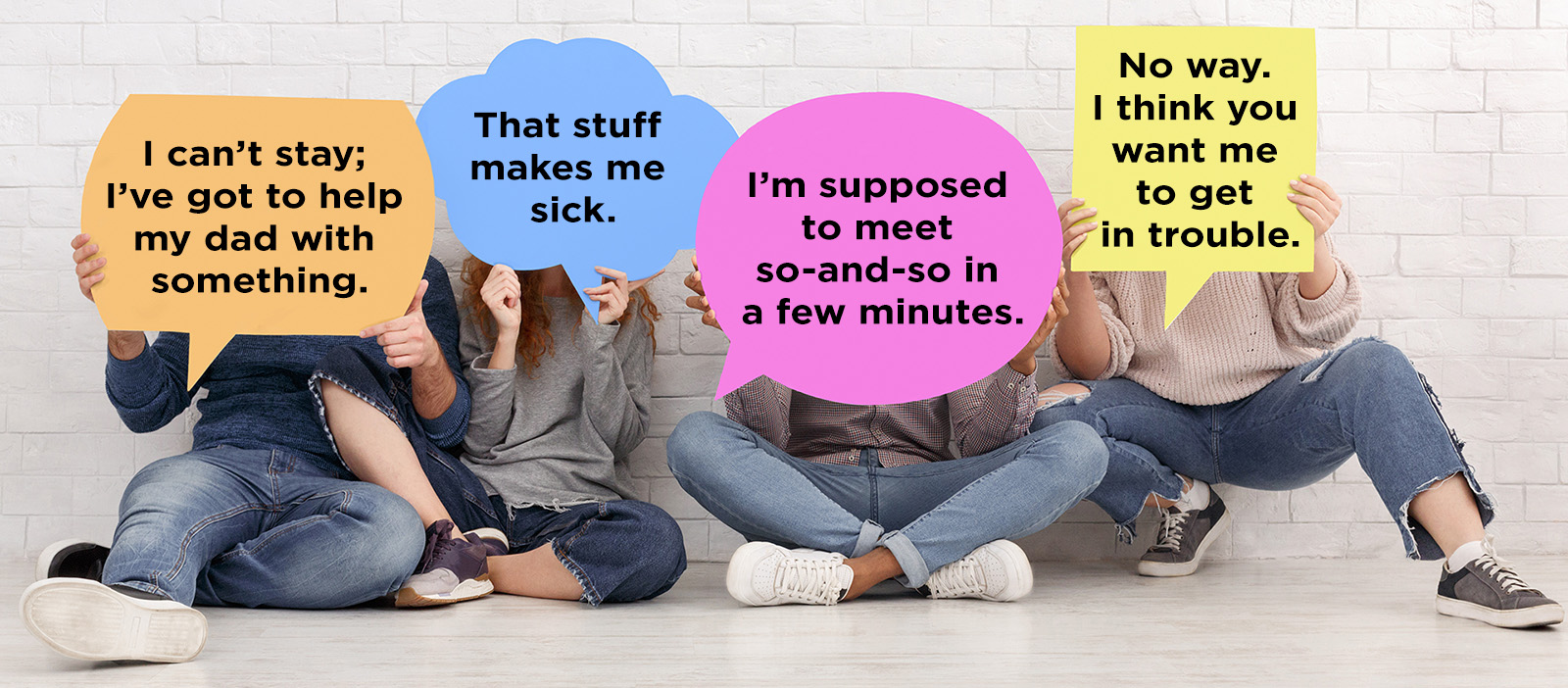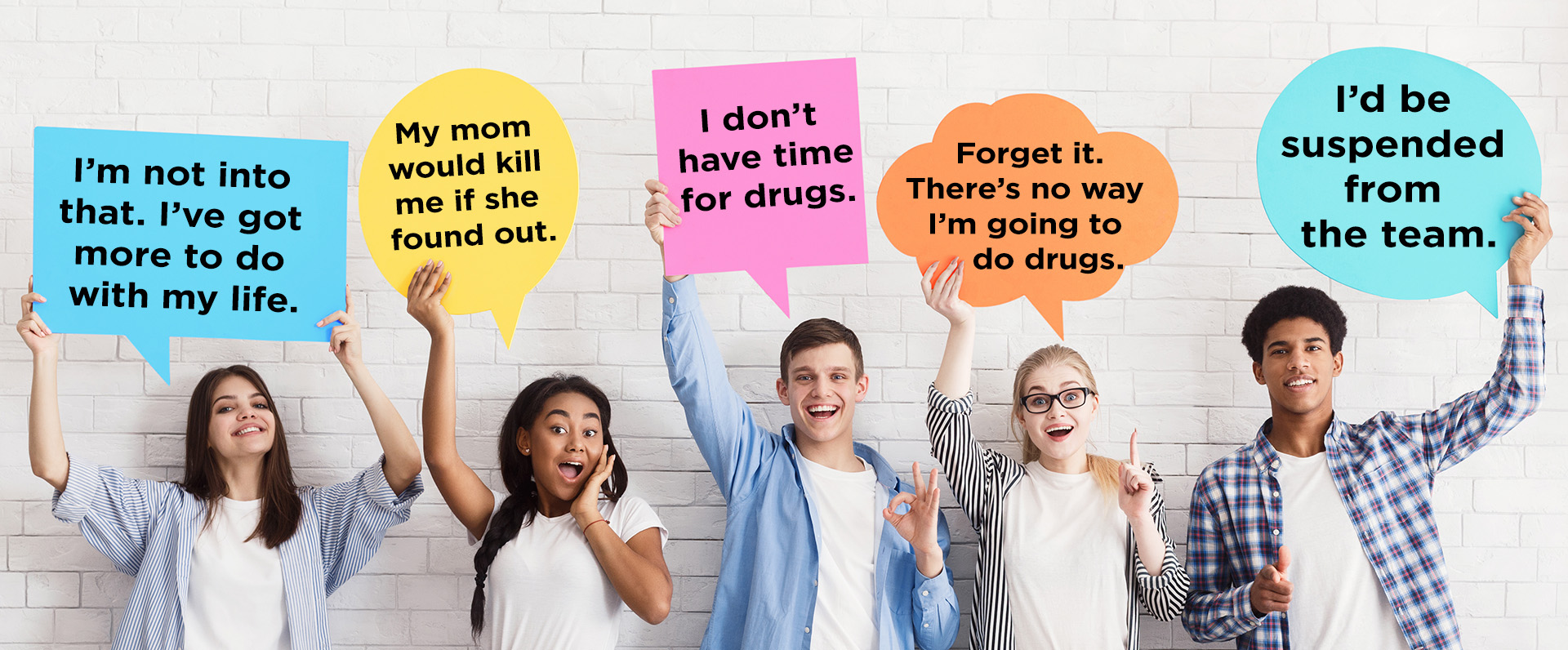Boundaries
Boundaries are a limit between you and another person — knowing where you end and others begin and knowing what’s yours and what’s not (Nitka, 2017).
If your boundaries are looser, you might:
- Get too involved with others’ problems.
- Find it difficult to say “no” to others’ requests.
- Overshare personal information with others.
- Seek to please others for fear of rejection.

People with healthy boundaries understand that making their expectations clear helps in two ways: it establishes what behavior you will accept from other people and what behavior other people can expect from you. If you have healthy boundaries, you might:
- Share personal information appropriately (not too much or not too little).
- Understand your personal needs and wants and know how to communicate them.
- Value your own opinions
- Accept when others tell you “No.” (Pattemore, 2021).
Many of us have a mix of boundaries, depending on the situation and the people involved. For example, you might have strict boundaries about casual friends or with family and tighter ones when working. You might have different boundaries depending on how close a friend is to you. There might even be different boundaries based on a person’s culture. For example, some cultures find sharing personal information inappropriate at any time, while in other cultures, sharing might be encouraged (Pattemore, 2021).
Idea for Students
Bystander intervention gives students the skills to intervene on behalf of a peer they feel may be in a harmful situation involving opioid misuse or bullying. Students can learn to use resources within a school, such as a counselor or a teacher, to ask for help. If someone you know is struggling with opioid addiction, call SAMHSA’s 24-hour national helpline at 1 – 800-662-HELP or findtreatment.samhsa.gov for free and confidential treatment referral information.
One of the skills of adolescence is learning how to set boundaries. This is necessary for dating, relationships with friends and peers, parents, and others. Without boundaries, people get taken advantage of (domestic and other forms of physical and mental abuse). When people have and enforce their boundaries, they are happier, have more self-esteem, and are more likely to resist substance misuse (Alavi, 2011).
As teens learn about boundaries, sometimes they will take them too far or won’t erect them. Both scenarios can be problematic. Like most things, too much is not good either. Look at the following list. Do you fall into any of the following categories? If so, consider what you can do to make changes because these scenarios will lead to bad outcomes that can hold back your future (Gordon, 2021).
- Shutting people out of your life completely and not trusting anyone.
- Demanding friends or dating partners be there for you whenever you request it.
- Believing that others know what you are thinking or feeling and should respond accordingly.
- Giving in to friends or dating partners even when it goes against what you believe.
- Going against your values or beliefs to fit in, be liked, or please others (Gordon, 2021).
- Allowing a romantic partner to make decisions for you or direct your life without ever standing up for yourself or questioning their behavior.
- Spending time with friends or dating partners who treat you poorly or disrespectfully.
One thing parents should also do is give their children ways to say no.
When faced with a peer pressure situation, teens need to be confident in their answers and their decisions, and the way to do that is to rehearse them beforehand (American Addiction Centers, 2021). Parents can role-play situations with their teens or give them these different ways to say no, if needed. If parents are unavailable, do this role-playing with a peer or other family member, or, if nobody is around, in front of a mirror.
Respond with a reason why you don’t want to drink or use drugs,
suggested by American Addiction Centers (2021)



Discussion Exercise
In each of these examples, tell how you would react. If possible, discuss your answers in a group.
- Your friend, Ayesha, comes to you and tells you that her boyfriend wants her to take drugs with him, to have that experience together to unite them as a couple. What do you tell her?
- You see some of the popular kids gather after school around the back of the school and do some drugs. You want to be popular and show you’re part of the in-crowd. What do you do?
- Your ten-year-old brother comes home, and you notice he’s acting weird, and he tells you he’s experimented with some drug. What do you do?
- You’re new to the neighborhood and are invited to a party. After a while, some kids wander off, and you notice they’re doing some drugs. They invite you to join them. What do you say?
- Things at home are bad. Your father was sentenced to prison, and your mom seems to be going crazy. There’s not enough to eat in the house, and one of your friends invites you to sell some drugs and get some easy money. What do you do?
- Describe a situation where you had to make a difficult choice.
- What did you do in the situation and why?

Test Your Knowledge (answer yes or no)
1. Peer pressure is always bad.
NO. Sometimes peers will challenge you to succeed and root for you. However, if you hang with a drug-using crowd, their pressure may be bad and convince you to do drugs to be part of the group.
2. Teenagers often seek to be part of a popular group and try to be like someone else, but that’s okay.
NO. You must learn who you are and where your boundaries are. In other words, you can shape your world and help work toward the lifestyle you want, which may be different than what others around you are pushing. Think about who’s pushing you and why and what will happen if you follow them.
3. As parents, talking with your kids about drugs is time wasted.
NO. Surprisingly, even teens who are hostile and nasty may be listening. Parents and supportive adults often do influence kids and their behavior, so it’s important to have an ongoing conversation with kids about drugs and their impact on the body and soul.
4. Your brain does not completely mature until you’re twenty-one.
NO. Your brain keeps growing and changing until you’re twenty-five, with many areas concerning risk and emotions “coming online” before rational behavior and cautions are in place. So, children and teens need to be aware of their risk-taking behavior.
5. Just as homes have fences, so people need boundaries, establishing what they will or will not tolerate.
YES. Setting appropriate boundaries ahead of time can help you in risky situations. If you know what you believe and feel is appropriate, you can practice saying “no” and enforcing your statements by actions such as walking away or reporting a problem to authorities who can do something about it.